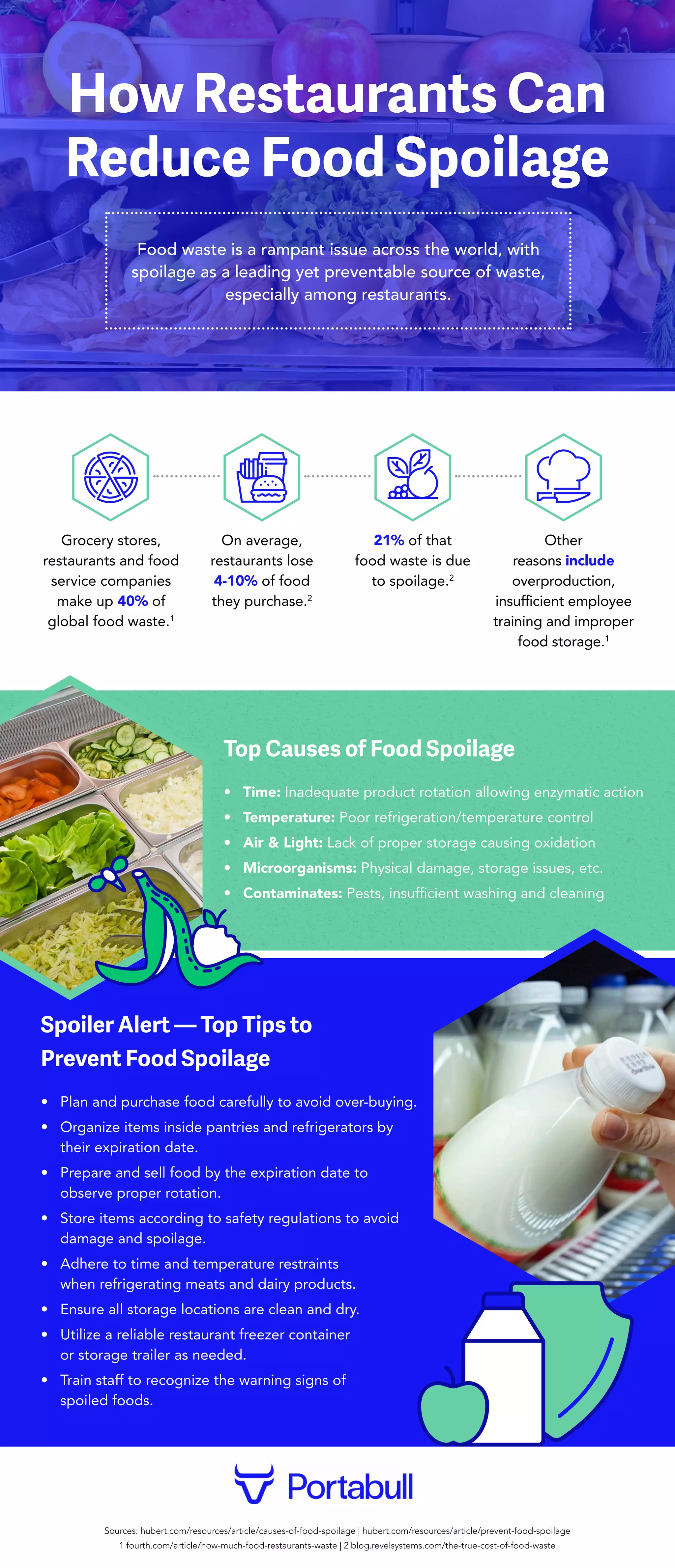While some may perceive significant differences between managing a franchised chain restaurant and a small, family-owned operation, a shared priority unites them: the importance of minimizing food waste. Whether franchised or family owned, the predominant source of food waste in any restaurant stems from spoilage, making the elimination of food spoilage a crucial step in the broader goal of reducing waste. Achieving this requires a heightened focus on proper organization and awareness within restaurant operations. Recognizing warning signs of spoiling food is essential, allowing prompt action through item rotation to prevent spoilage. Additionally, maintaining cleanliness in key areas of a commercial kitchen is imperative, as the presence of germs can hasten food spoilage through chemical reactions. Temperature control further emerges as a pivotal factor, with optimal refrigeration capabilities ensuring the reliable preservation of specific food products. Items such as dairy and meat demand constant maintenance at ideal temperature levels. Despite being one of the more challenging aspects of restaurant management, preventing food spoilage is paramount for upholding a restaurant’s reputation and retaining customer loyalty. To learn more about the ways in which restaurant owners are attempting to curb the negative effects of food spoilage, please see the resource supported alongside this post.
How Restaurants Can Reduce Food Spoilage this infographic was contributed by Portabull Storage, your first choice for a reefer rental




